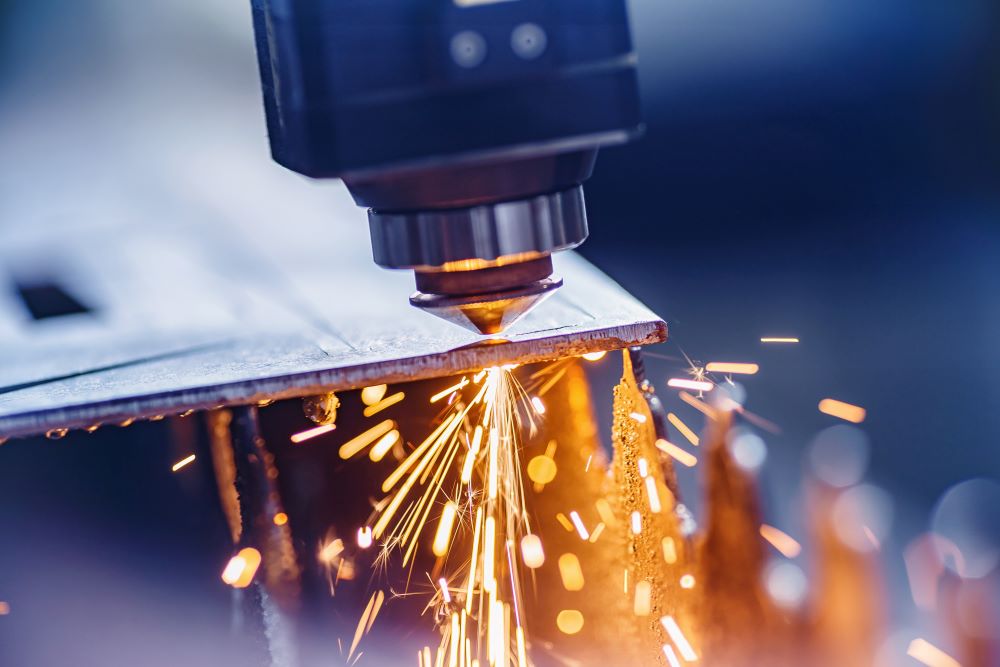
The US and EU are considering new tariffs on Chinese steel and aluminium to fight global carbon emissions.
China, which produces more than 60% of the world’s steel and 57% of aluminium, is accused by the EU and US of over-capacity that is threatening their own steel industries.
According to Bloomberg, the idea has come from the Biden administration and is at an early stage. Any agreement with the EU isn’t likely until late next year at the earliest.
US trade representative Katherine Tai presented the framework to European commissioner Valdis Dombrovskis and others in Prague in late October, Reuters reports.
Two years to a deal
In a read out of the press conference, Tai said: “We’ve given ourselves two years to work towards a trade arrangement between the US and the EU where we put the power and leverage of our markets together to create a free, fair, and a clean market structure for pushing the future of trade in steel and [aluminium].”
EU officials had then raised the issue of legality and compatibility with WTO rules, as well as with the bloc’s internal carbon pricing mechanism.
It would build on a deal agreed between the US and EU last year to settle Trump-era tariffs and tackle the issue of Chinese ‘dirty steel’, as covered in the IOE&IT Daily Update.
Global iron and steel production emit a combined 3.4bn tonnes of carbon annually, or 7% of global emissions, according to consultancy Wood Mackenzie.
Not just China
According to Business Korea, steel production in China will not be hit hard as most of its output is used domestically.
Last year, steel exports to the US accounted for 2.1% of total overseas shipments, according to Chinese customs data, and aluminium exports typically account for around 5%.
The EU also already levies tariffs on some Chinese aluminium and steel products.
EU pivots on free trade
The decision by the EU to side with the US marks a switch from being a defender of rules-based open trade towards greater economic self-interest and protectionism, according to Politico.
“The new assertive industrial policy of our competitors requires a structural answer,” said Commission president Ursula von der Leyen on Sunday. “Europe will always do what is right for Europe.”
Meanwhile, the Commission has announced a review of the steel safeguard measure it put in place in 2019 to prevent steel being dumped in Europe.
Opinions sought
This will determine whether the measure should be terminated one year earlier than its current end date of 30 June 2024.
Producers and users of steel have been invited to submit data and arguments to the Commission’s investigation by mid-January 2023, with a proposal due by 30 June 2023. EU Member States will then vote on the proposal.



